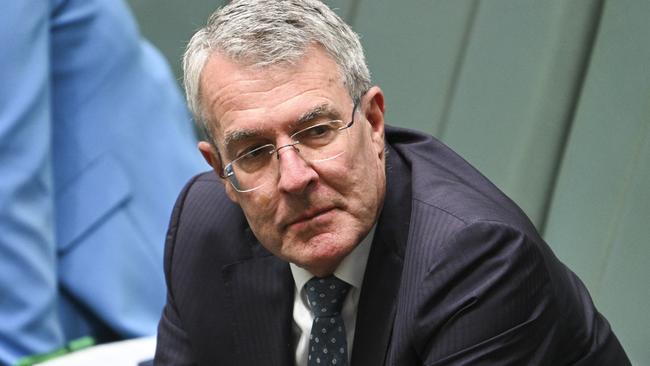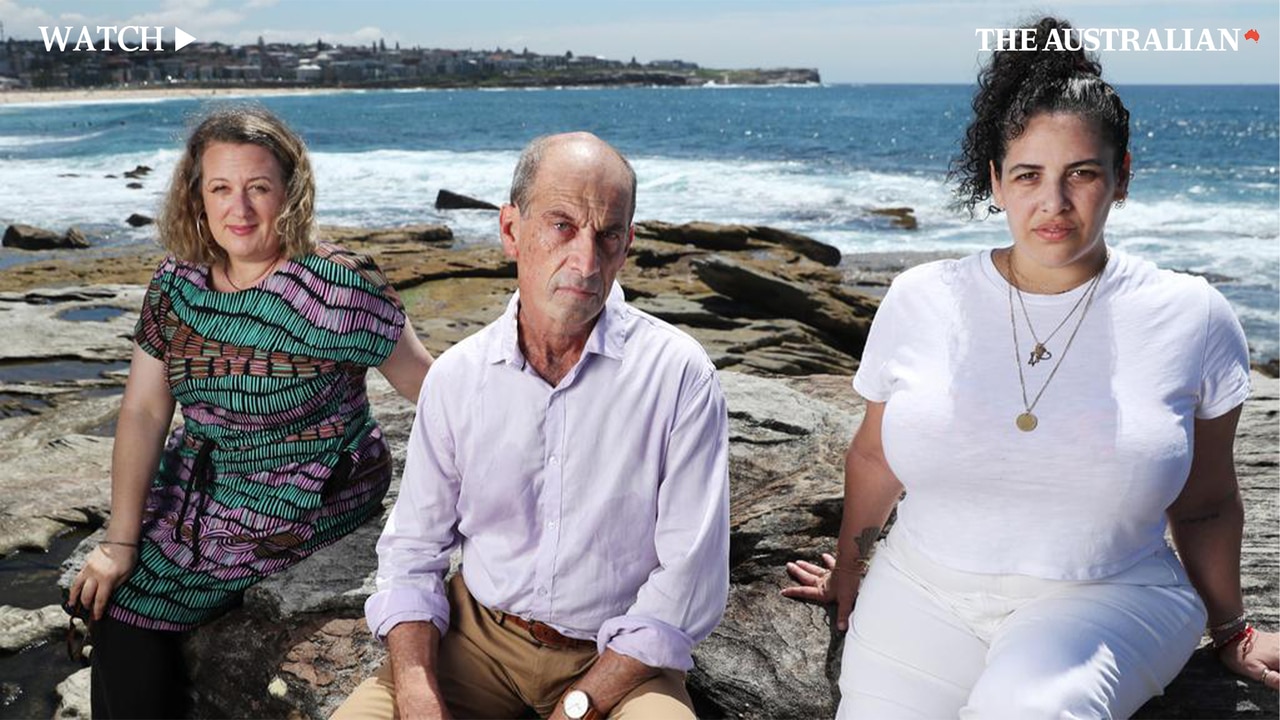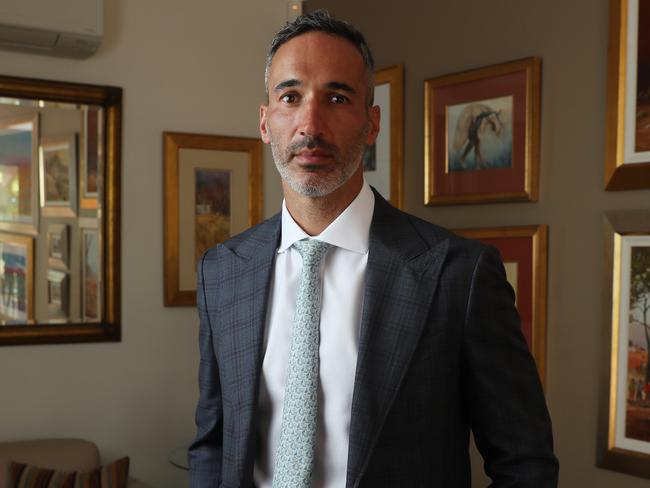Dreyfus opens doxxing talks
Attorney-General Mark Dreyfus has opened up consultations on measures to criminalise doxxing, with the government aiming to introduce legislation by the middle of the year

Consultations will open on Monday over measures to criminalise doxxing – the malicious release of people’s personal information without their permission – as the government seeks to fast-track laws that could be ready by the middle of the year.
On Wednesday, the Attorney-General’s Department will lead roundtable discussions with media organisations and individuals with “lived experience” of doxxing about how to appropriately balance competing rights.
Separately, the government is looking at progressing other reforms to strengthen laws against hate speech on top of existing protections in the criminal code, including new anti-vilification provisions in Labor’s religious discrimination bill, which is expected soon.

Submissions on how to best combat doxxing can be made through the Attorney-General’s website until March 28, with the government committed to ensuring people have “trust and confidence” in their personal information being kept safe and secure.
Anthony Albanese told 2GB radio on February 12 that he had asked Attorney-General Mark Dreyfus to “bring forward legislation in response to the Privacy Act review, including laws that deal with so-called doxxing, which is basically the malicious publication of private information online”.
The acceleration of legal protections was prompted by the doxxing by pro-Palestine activists of 600 Jewish creatives who had their details leaked from a WhatsApp group, including their occupation and, in some cases, social media profiles and pictures.
Some of those doxxed creatives later received death threats, had their families harassed, were sent swastikas and were called a “cancer” in online hate mail - with Executive Council of

Australian Jewry co-chief executive Alex Ryvchin expressing disbelief that “people are once again drawing up lists of Jews”.
Mr Dreyfus has said the use of online platforms to harm people through practices like doxxing is a disturbing development in Australian society and in February he noted that current legislation had “struggled to keep up”.
“We see that with massive changes in digital technology that is throughout our society, that the opportunities for invasions of privacy, the opportunities for the use of people’s personal information without consent, the opportunities for really malicious actions to take place, affecting hundreds of thousands of people very, very quickly, has been made possible,” he said.
“That’s part of the reason behind this reform of the Privacy Act that we’ve embarked on.”







To join the conversation, please log in. Don't have an account? Register
Join the conversation, you are commenting as Logout